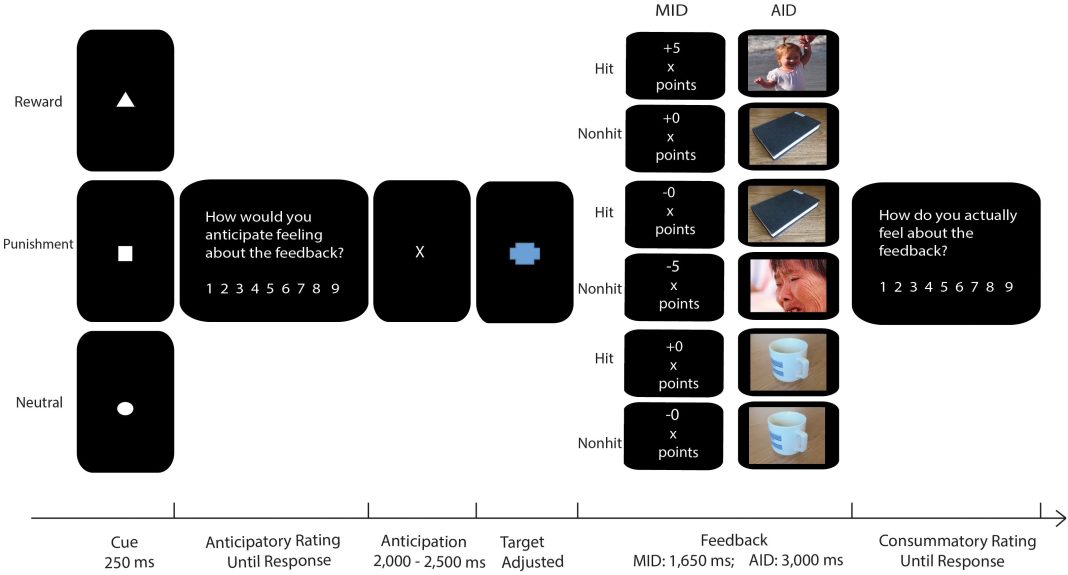 Risks of Inflation and Delayed Rate Cuts Threaten Soft Landing
Risks of Inflation and Delayed Rate Cuts Threaten Soft Landing
The International Monetary Fund (IMF) has issued a warning about the increasing risks of inflation, which could have significant implications for the U.S. economy. The IMF attributes this inflationary pressure to elevated service-sector costs, excessive government spending, and the forces of deglobalization. These factors may prompt the U.S. central bank to hold interest rates higher for longer, dimming prospects for a soft landing.
In a blog post by Pierre-Olivier Gourinchas, the IMF’s director of research, he states that while inflation came down without causing a recession, energy and food price inflation are now approaching pre-pandemic levels in many countries, while overall inflation remains high. The IMF’s World Economic Outlook report predicts that inflation will decelerate more slowly in the latter half of the year, primarily due to rising services prices.
The persistence of high inflation could delay the much-anticipated rate cuts by the Federal Reserve, which are expected to begin in September. Higher-for-longer interest rates increase external, fiscal, and financial risks, thereby raising the likelihood of a recession.
While global inflation is projected to slow to 5.9 percent this year from 6.7 percent last year, progress on disinflation has slowed in some advanced economies, particularly the United States. This elevated upside inflation risk coincides with signs of a cooling U.S. economy, especially in the labor market.
Gourinchas highlights that service wages are being driven up because goods prices remain high relative to services. This drives up the demand for services as they become comparatively cheaper, thereby putting upward pressure on services prices and wages. Unless goods inflation declines further, rising services prices and wages may keep overall inflation higher than desired.
Apart from these factors, excessive government spending and deglobalization pose additional risks. The IMF expresses concerns about the growth of U.S. debt and its reliance on short-term financing. The increasing debt-to-GDP ratio and reliance on short-term funding are worrisome for both the domestic and global economy.
Furthermore, the IMF warns of an intensification of deglobalization, which could lead to increased barriers to the flow of goods, capital, and labor. This would result in a supply-side slowdown that would further contribute to inflationary pressures.
In the face of these challenges, looser fiscal policy could provide a short-term boost to economic activity. However, this could lead to more costly policy adjustments in the future. On the other hand, if there are further gains in labor force participation, inflation could fall faster than expected, providing the Federal Reserve with more flexibility to start cutting rates sooner.
The IMF recommends that central banks take a balanced approach, neither cutting rates prematurely nor waiting too long and causing target undershoots. Once central banks shift to less restrictive monetary policy, governments should rein in their spending to rebuild room for possible emergency deficit spending in the future. This will also help prevent debt loads from becoming burdensome and sparking financial chaos.
In conclusion, the IMF’s warning about the risks of inflation and its potential impact on interest rates and a soft landing highlights the challenges faced by the U.S. economy. Factors such as elevated service-sector costs, excessive government spending, and deglobalization contribute to these risks. It is crucial for central banks and governments to adopt a balanced approach and make appropriate policy adjustments to mitigate these risks and ensure long-term economic stability.


